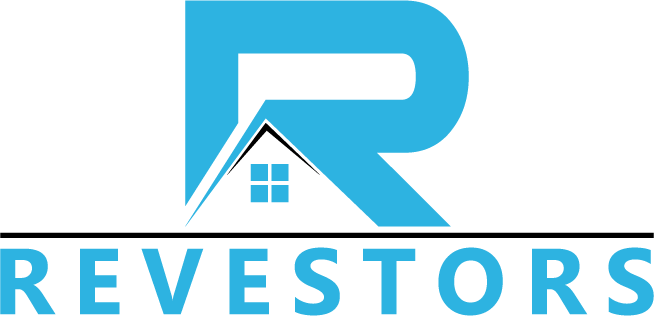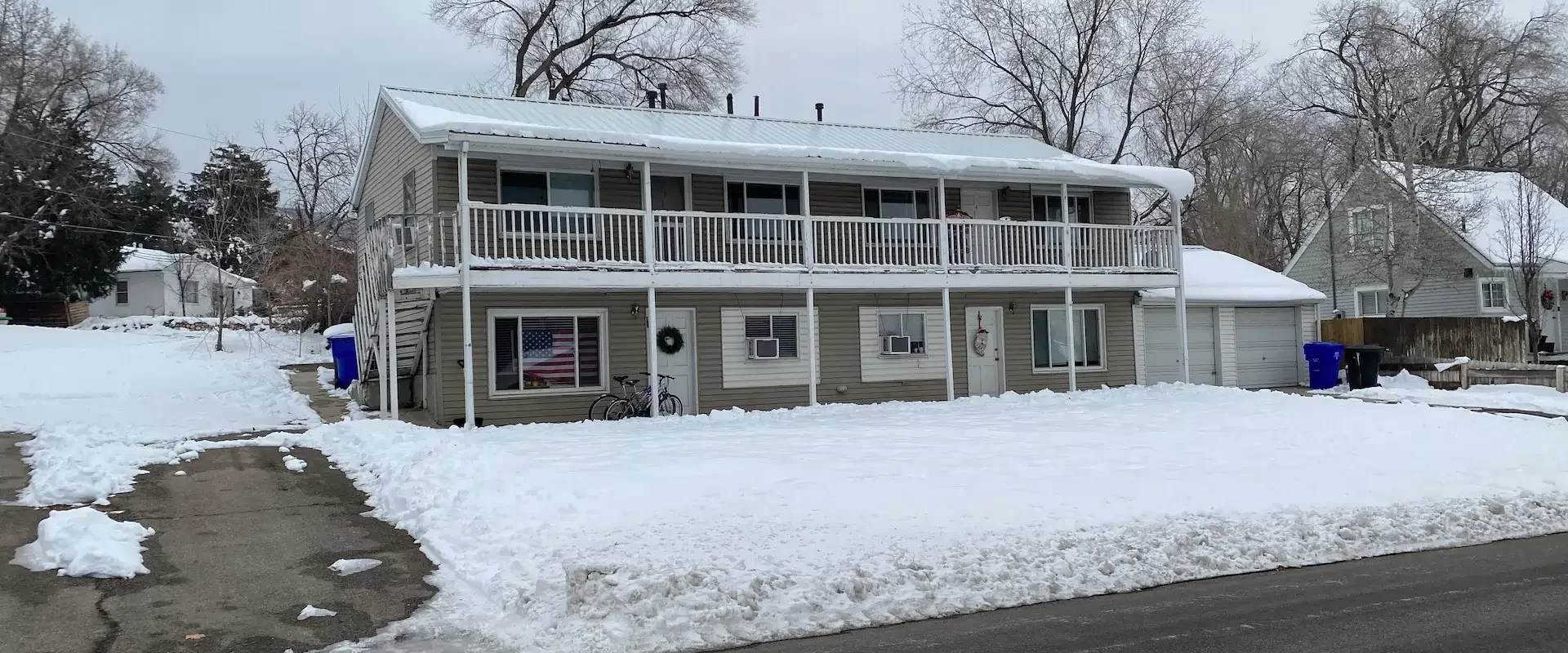How to Sell Your Foreclosure House in Salt Lake City
Selling a house facing foreclosure in Salt Lake City can be a daunting task, but it’s possible to manage the process and avoid the long-term financial and credit consequences of foreclosure. If you’re in this situation, taking proactive steps can help you regain control and sell your home before the foreclosure is finalized. Here’s a step-by-step guide to selling your foreclosure house in Salt Lake City.
1. Understand the Foreclosure Process in Utah
Foreclosure timelines vary depending on state laws. In Utah, most foreclosures are non-judicial, meaning they don’t go through the court system. Here’s an overview of the process:
- Notice of Default: If you miss multiple mortgage payments, the lender will issue a Notice of Default, giving you time to catch up on payments and avoid foreclosure.
- Notice of Sale: After the Notice of Default, the lender will issue a Notice of Sale, which means the property is scheduled for auction. In Utah, the foreclosure sale date is generally set a few months after the Notice of Default.
Understanding where you are in this timeline can help you determine how much time you have to sell your house before the foreclosure sale.
2. Contact Your Lender and Explore Options
Before listing the house for sale, contact your lender to discuss potential options, such as loan modification, forbearance, or repayment plans. In some cases, lenders may be willing to negotiate an alternative that could allow you to stay in the home or sell it without facing foreclosure.
If keeping the house isn’t feasible, inform the lender of your intention to sell and ask if they would be open to a short sale, where the home is sold for less than the mortgage balance. Many lenders are open to this arrangement if it means avoiding a costly foreclosure process.
3. Hire a Real Estate Agent with Foreclosure Experience
Selling a house in foreclosure can be complicated, so work with a real estate agent who has experience with distressed properties and foreclosure sales. An agent with this expertise will understand the urgency of the situation and help you price the home competitively to attract buyers quickly.
An experienced agent will also know how to work with your lender, negotiate short sale terms if necessary, and handle any additional paperwork required for a foreclosure sale.
4. Set a Competitive Price for a Quick Sale
Pricing your foreclosure house competitively is crucial to attracting buyers quickly. Work with your agent to determine a price that reflects the current Salt Lake City market while accounting for any repairs or issues. A well-priced home can attract buyers faster and reduce the likelihood of the home lingering on the market as the foreclosure timeline continues.
Remember, a realistic price can also be beneficial if you’re pursuing a short sale, as lenders may be more likely to approve a sale that’s in line with market value.
5. Consider a Short Sale (If Approved by the Lender)
If you owe more on the mortgage than the house’s current market value, a short sale may be an option. In a short sale, the lender agrees to accept less than the total mortgage balance to avoid foreclosure.
To start a short sale:
- Submit a hardship letter to your lender explaining your financial situation and why you can’t continue making mortgage payments.
- Provide financial documents that demonstrate your inability to pay the full mortgage amount.
- Get an offer from a buyer: Once you find a buyer, submit the offer to your lender for approval.
Short sales can be time-consuming, but they’re often a better option than foreclosure, as they have a less severe impact on your credit score.
6. Market the House Effectively
While it’s true that many foreclosure properties require repairs or updates, highlight any positive aspects of the home and its location in Salt Lake City. Emphasize nearby amenities, good school districts, or other desirable features that can attract buyers looking for value in a sought-after area.
Use high-quality photos, clear descriptions, and any recent inspection reports to give potential buyers a clear understanding of the property. A well-marketed foreclosure home can attract investors or cash buyers who are looking for homes to renovate or flip.
7. Target Cash Buyers and Real Estate Investors
Cash buyers and real estate investors are often interested in foreclosure properties, as they can close quickly without relying on mortgage approval. These buyers are generally more flexible about property condition and are comfortable taking on renovation projects. They may also be more willing to handle the foreclosure process’s complexities, which can help you close the sale faster.
Connect with local real estate investor groups or consider listing the property on investment-focused websites to attract cash buyers who are actively searching for discounted properties.
8. Be Transparent About the Foreclosure Status
Transparency with potential buyers is essential. Buyers should know that the home is in foreclosure, as they may need to act quickly or go through additional steps, especially if you’re pursuing a short sale.
Being upfront about the foreclosure situation can also help avoid surprises that could delay the sale. In some cases, buyers may be able to work with your lender to expedite the process and close before the foreclosure auction date.
9. Act Quickly to Avoid Foreclosure Auction
Timing is crucial when selling a foreclosure home. If your house is scheduled for a foreclosure auction, you must act fast to avoid losing the property. Once the sale date is set, there may be limited time to complete the transaction. Work closely with your agent, lender, and attorney (if applicable) to expedite each step of the process.
If you receive an offer, notify your lender right away. In many cases, lenders will delay the foreclosure auction if they believe a sale is close to completion.
10. Prepare for the Closing Process
If you’re able to sell the home before the foreclosure auction, prepare for a quick and smooth closing. Work with your real estate agent and title company to ensure that all necessary paperwork is in order and that any outstanding debts, liens, or fees are addressed.
Once the sale is complete, your lender will receive the proceeds, which can go toward paying off your mortgage balance and related fees. If there’s any remaining balance after the sale, discuss with your lender whether this debt will be forgiven or if you’ll need to arrange a payment plan.
Final Thoughts
Selling a house in foreclosure in Salt Lake City can be challenging, but it’s often possible with a proactive approach. By understanding the foreclosure timeline, consulting with professionals, and acting quickly, you can potentially avoid a foreclosure auction and minimize the financial and credit impact. Whether you choose a short sale or sell directly to an investor, taking these steps can help you navigate this difficult time and achieve a smoother transition to your next chapter.

